High Protein Dry Fruits: Nature’s Superfoods for Muscle, Energy & Health
When we think of protein, we often imagine meats, eggs, or supplements like whey. But nature has its own powerful plant-based sources high protein dry fruits. These compact, nutrient-rich snacks pack more than just crunch and flavor; they offer complete or complementary proteins, essential amino acids, healthy fats, and lasting energy.
Whether you’re a vegetarian, fitness enthusiast, or simply looking for clean protein options, these dry fruits can elevate your diet. And the best part? They require no cooking, are travel-friendly, and offer multiple health benefits beyond just protein.
What Makes Dry Fruits a Great Source of Protein?
Dry fruits, especially nuts and seeds, are calorie-dense yet nutritionally rich. While they may not compete gram-for-gram with meat in protein content, their plant-based protein is paired with fiber, antioxidants, vitamins, and minerals.
Here’s what makes them stand out:
- Natural protein with no additives
- Healthy unsaturated fats to support heart and brain health
- Micronutrients like magnesium, zinc, selenium, and vitamin E
- Low glycemic index great for blood sugar management
Top 10 High Protein Dry Fruits You Should Include in Your Diet
Below is a list of the best protein-rich dry fruits, including their approximate protein content per 100g and key health benefits.
| Dry Fruit | Protein (per 100g) | Key Benefits |
| Almonds | 21g | Heart health, brain function, appetite control |
| Pistachios | 20g | Eye health, immunity, digestion |
| Cashews | 18g | Bone strength, energy metabolism |
| Walnuts | 15g | Omega-3s, anti-inflammatory effects |
| Hazelnuts | 14g | Skin health, antioxidant-rich |
| Peanuts* | 25g | Satiety, muscle repair (technically legumes) |
| Brazil Nuts | 14g | Rich in selenium, supports thyroid health |
| Pine Nuts | 14g | Energy boost, appetite regulation |
| Chia Seeds | 17g | Fiber-rich, omega-3s, hydration support |
| Dried Apricots | 3g | Iron boost, digestion, low in fat |
*Note: Peanuts are legumes, but commonly grouped with dry fruits for their protein density.
High Protein Dry Fruits for Muscle Building & Gym Diets
Fitness enthusiasts and bodybuilders often focus on protein-rich foods that aid muscle repair, strength, and growth. High protein dry fruits are excellent additions to:
- Pre-workout snacks (almonds or cashews with dates)
- Post-workout smoothies (chia seeds + peanut butter + banana)
- Mid-day protein boosts without synthetic powders
They also serve as great add-ons to whey protein shakes, oatmeal, or yogurt bowls, enhancing both flavor and nutrient profile.
Dry Fruits vs Other Protein Sources: How Do They Compare?
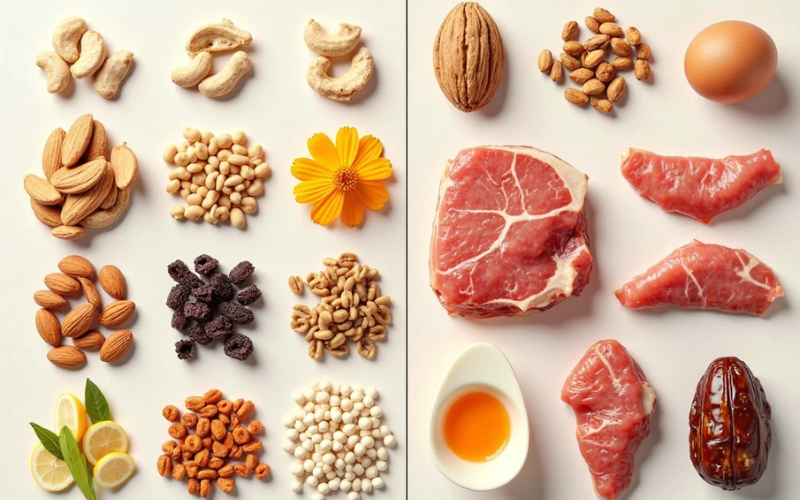
While animal-based sources (like eggs, chicken, or fish) are complete proteins, dry fruits offer a complementary protein profile, meaning they work best in combination with other plant sources like legumes or grains.
Pros of High Protein Dry Fruits:
- No cholesterol
- Easy to digest
- Contain healthy fats and fiber
- Long shelf life, ideal for travel or meal prep
Limitations:
- Higher in calories per gram of protein
- Not all are complete proteins (except chia and quinoa)
Are Dry Fruits Enough to Meet Daily Protein Requirements?
The average adult needs 0.8–1.6g of protein per kg of body weight, depending on activity level. While dry fruits can contribute meaningfully:
- 1 handful (28g) of almonds = ~6g protein
- 1 tablespoon chia seeds = ~3g protein
- 2 tablespoons peanut butter = ~8g protein
They’re not meant to replace your entire protein intake but complement it — especially if you’re plant-based or aiming for diversity in your meals.
How to Add Protein-Rich Dry Fruits to Your Daily Meals
Wondering how to use dry fruits creatively? Here are easy, delicious ways:
- Morning smoothie: Almonds + chia + banana + milk
- Snack box: Mix of pistachios, walnuts, and dried figs
- Salad topping: Roasted cashews or pine nuts
- Yogurt bowl: Chopped hazelnuts and dried apricots
- Energy bars: Homemade peanut-date-chia bars
High Protein Dry Fruits for Weight Loss and Satiety
Dry fruits contain fiber and healthy fats that slow digestion, keeping you full for longer. Almonds, pistachios, and walnuts have been linked to:
- Reduced hunger cravings
- Balanced blood sugar
- Improved portion control
They’re ideal for those trying to lose weight while preserving lean muscle mass.
Buying Tips: How to Choose Quality Dry Fruits Rich in Protein
To maximize benefits, buy dry fruits that are:
- Raw or dry-roasted (avoid oil-fried or honey-coated)
- Unsalted to limit sodium intake
- Fresh — check for smell, packaging, and expiry date
- Stored in airtight containers in cool places
Opt for organic or non-GMO when possible to avoid pesticide residues.
Conclusion: Go Natural with Protein – Power Up with Dry Fruits
High protein dry fruits are a smart, natural way to boost your daily protein intake. From fitness goals to overall wellness, they offer a nutrient-rich, plant-based solution without the need for artificial supplements.
So next time you’re planning your meals or prepping your gym snacks, don’t overlook these crunchy little powerhouses. Mix them, match them, or eat them raw — they’re clean fuel your body will thank you for.
Frequently Asked Questions (FAQs)
Q1. Which dry fruit has the highest protein content?
A: Almonds and peanuts top the list with over 20g of protein per 100g.
Q2. Are dry fruits enough for gym protein needs?
A: They contribute but may not be enough alone; combine with legumes, whey, or plant protein powders.
Q3. What’s the best time to eat high protein dry fruits?
A: Pre- or post-workout, as a mid-day snack, or with breakfast for sustained energy.
Q4. Can dry fruits help in weight loss?
A: Yes, due to their fiber and healthy fats, they aid in satiety and appetite control.

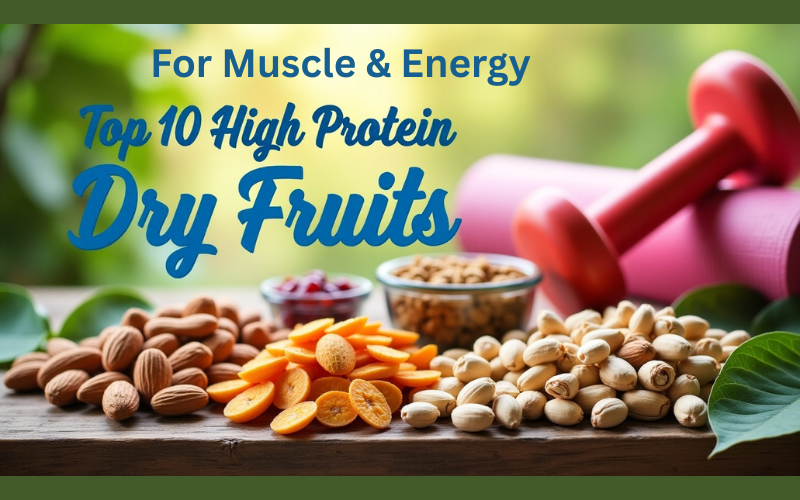

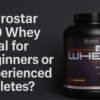
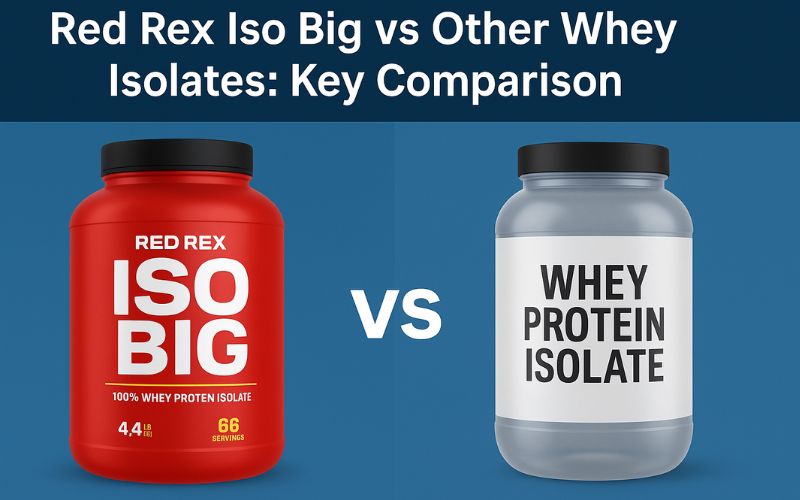
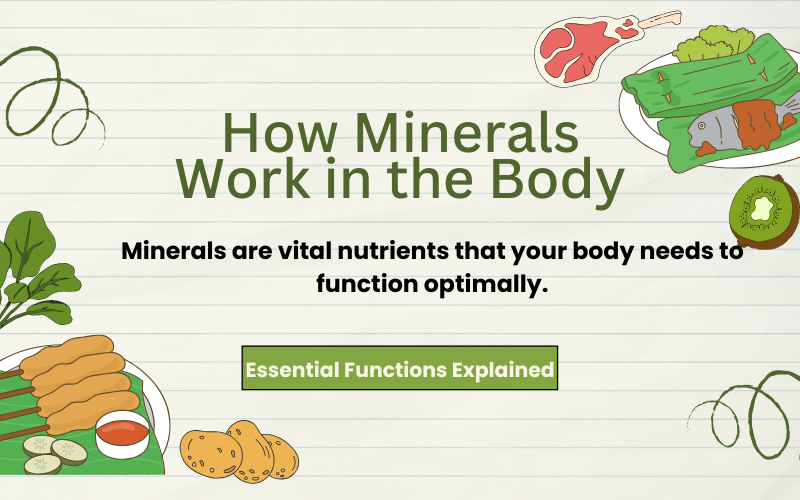
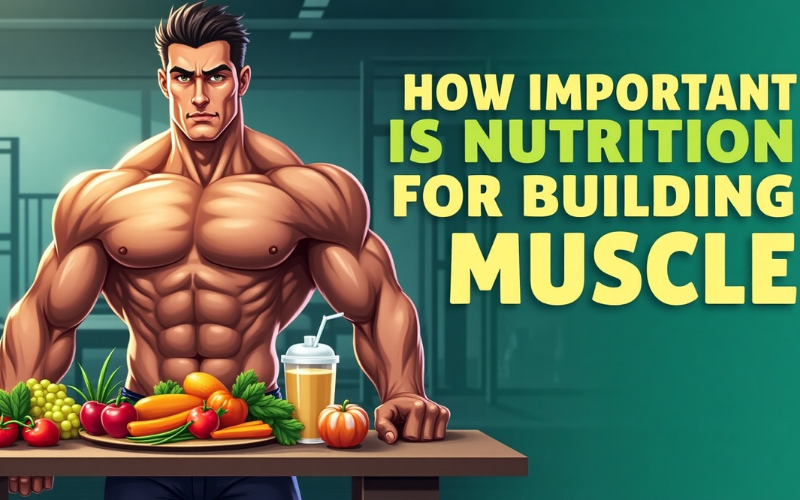
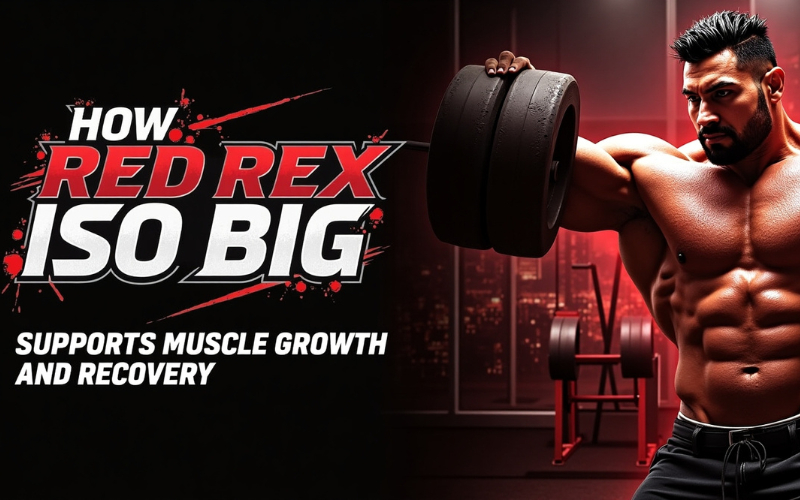
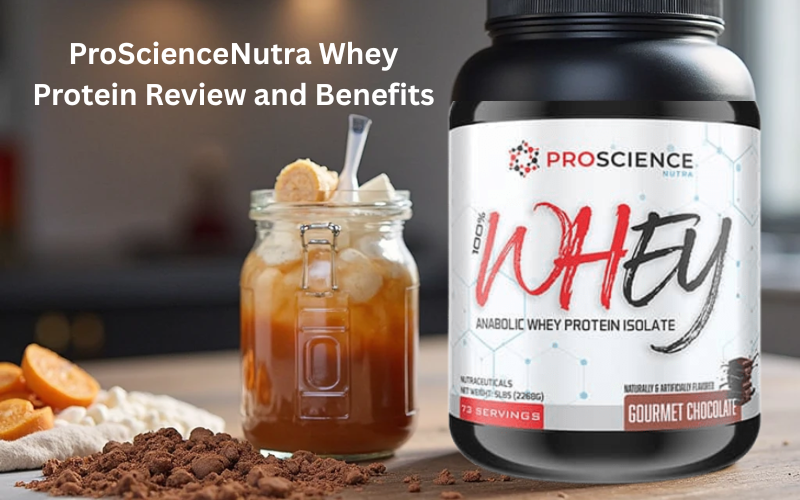
Add comment